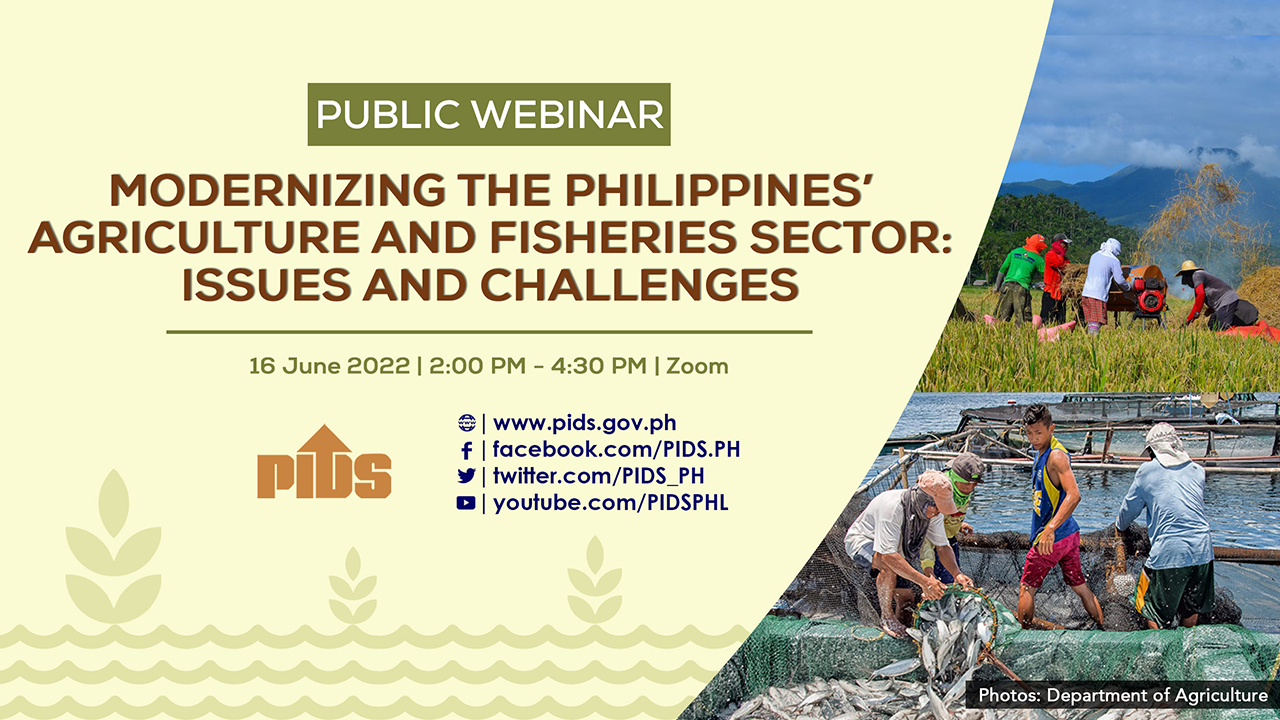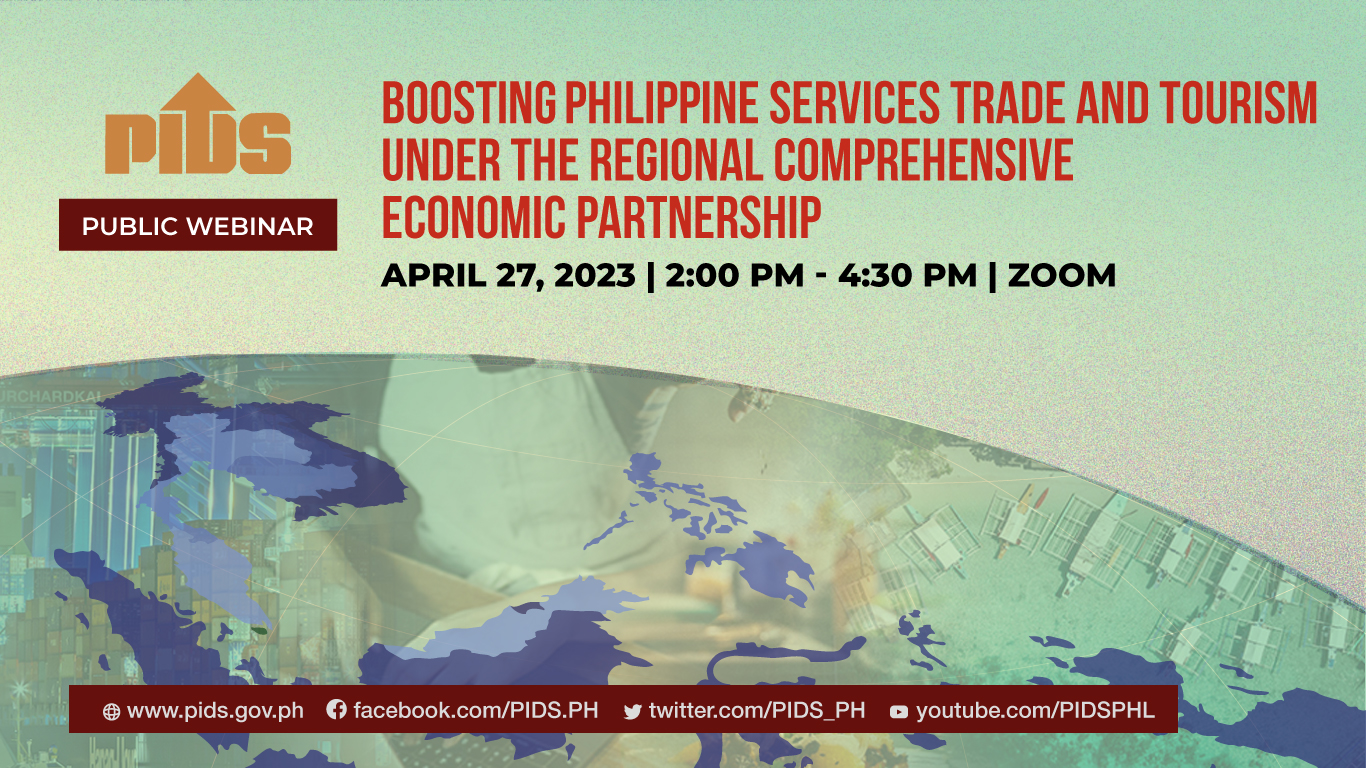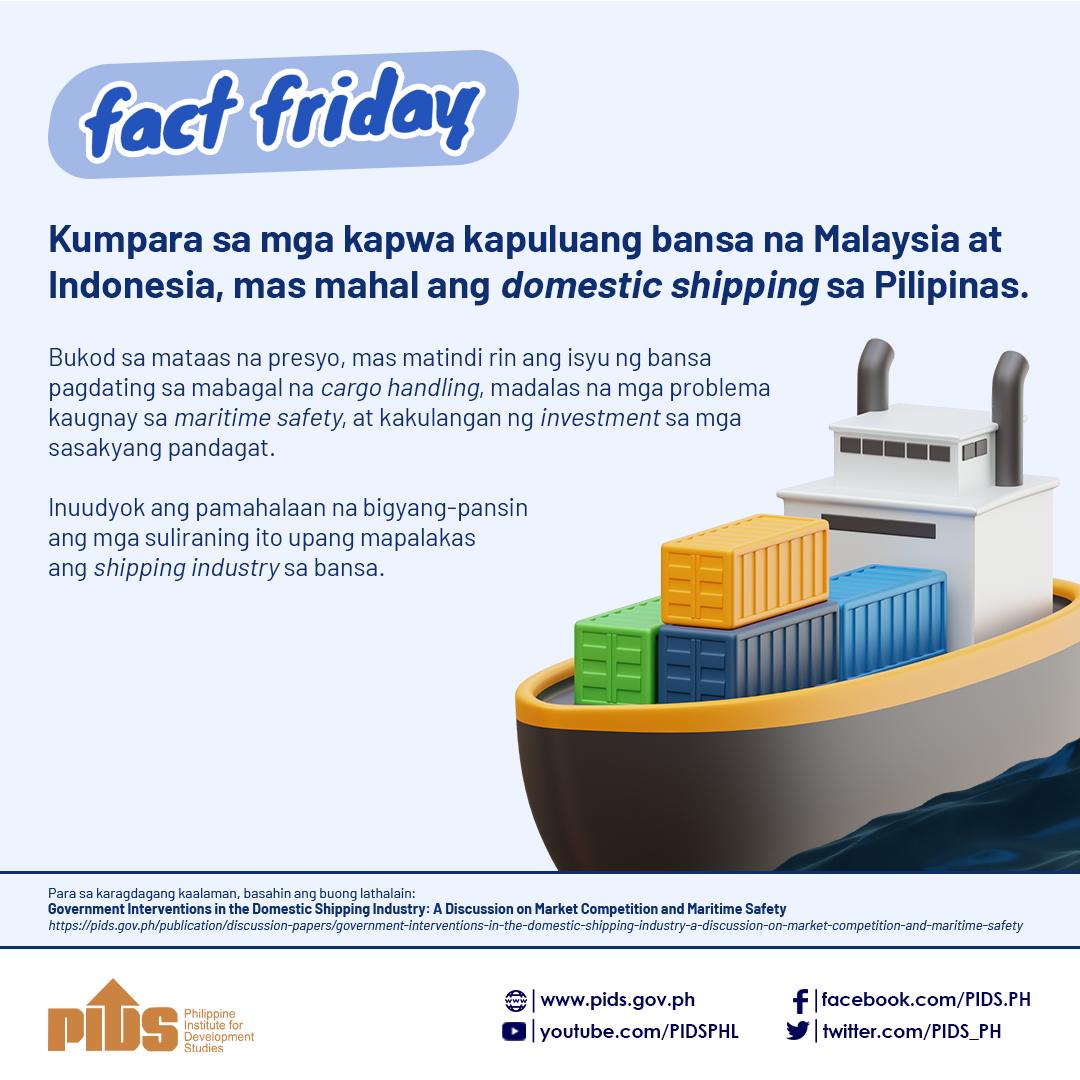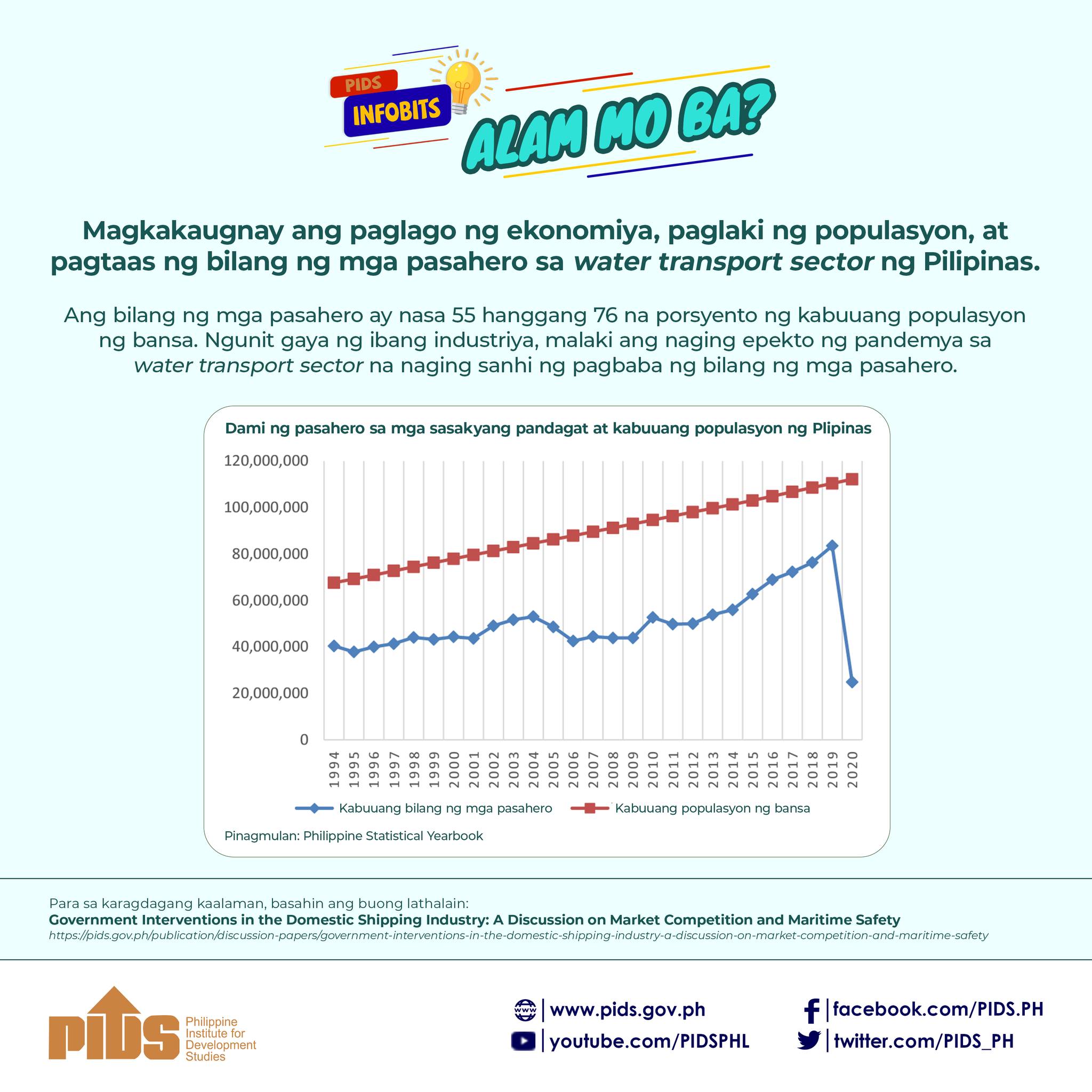If the planned Philippines-European Union free trade agreement (FTA) materializes, it can help expand the variety of fisheries products exported to the EU and the other destinations of these exports.
Such will benefit fish processors and exporters and boost the Philippine economy, according to a position paper obtained from the Philippine Exporters Confederation (PhilExport).
However, PhilExport said not everybody will win, and safety nets will have to be provided for Filipino small-scale fishermen and small-scale fish processors and marketing agents who will face greater competition from imported fish.
In addition, domestic fish stocks and marine resources will have to be managed better to avoid the risk of over-exploitation, according to a recent study.
The Philippines and the EU signed a framework partnership and cooperation agreement in July 2012 and are expected to begin formal negotiations soon, according to the Department of Foreign Affairs (DFA). The agreement provides for a comprehensive framework for improved bilateral cooperation in various areas, including politico-security, economy, trade, culture, education and technology. The EU, along with Japan and the United States, is one of the world’s top three importers of fisheries and aquaculture products.
Fisheries products are an important and growing part of Philippine exports to the region. Fisheries shipments rose from a mere 8.8 percent of total exports to the EU market in 2001 to 2002, to 12.9 percent in 2005 to 2006, and then to 27.7 percent in 2009 to 2010. For canned tuna, for example, about 57 percent of the $253 million worth of the product exported in 2009 went to the EU market.
If fisheries tariffs are eliminated under the proposed FTA, it can help increase fish production and exports to the EU, particularly of seaweeds, fish corals, shrimp, prawn, other aquaculture products and processed products.
This will benefit the economy by boosting local production and improving the balance of trade with the EU.
It will also likely diversify the fisheries products exported to the market, presently dominated by processed products, particularly tuna.
At the same time, it is seen to increase the number of destinations. The Philippines’ biggest importer in the trade bloc is Germany, followed by the United Kingdom and Spain.
Study author Danilo Israel of the Philippine Institute for Development Studies (PIDS), suggested further studies on the impact of the proposed FTA, particularly on cushioning the consequences for poor fishermen and other small-scale players, and for the country’s diminishing fisheries resources.
He also urged the government to negotiate for the removal not just of tariffs but of non-tariff measures as well, since they significantly impede freer flow of fisheries products from the Philippines.
The administration should likewise implement "the needed resource and environmental management that will allow sustainable exploitation of fisheries resources even with increased trade.”












